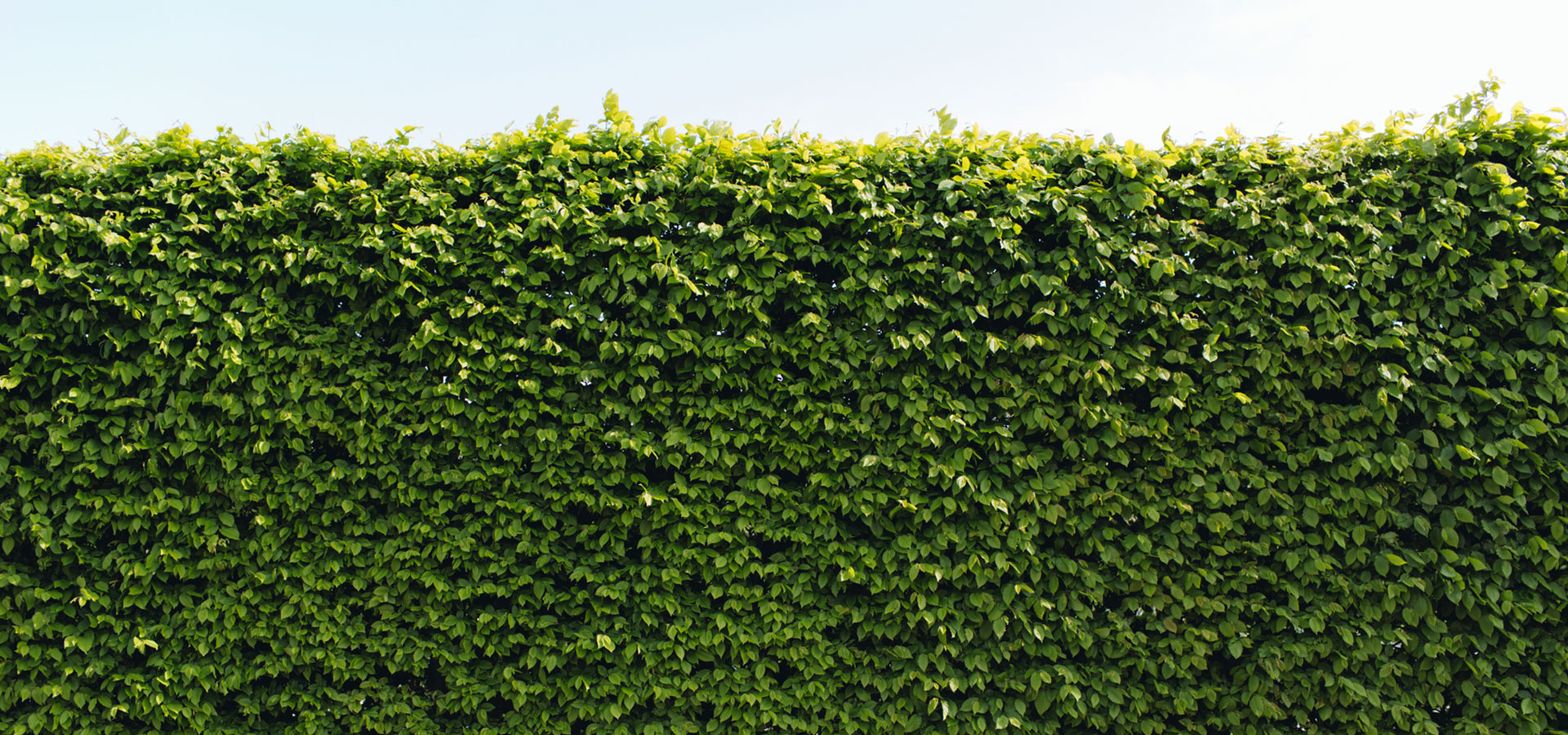
Is There Power In Protest?
I felt instantly compelled to share this graphic and disturbing story from an 19 year-old American college student, who is spending three months in the West Bank to study Arabic. This won’t be on CNN or in the New York Times.
On Friday morning, December 9th, my friend and I set out to experience a West Bank protest. It was a first for both of us, seeing as I have Arabic class every Friday, and he lives in Tel Aviv. As protest virgins, we had no idea what to expect. What did a confrontation look like? How do people protest? How would the soldiers react? I’d heard tales of people dodging tear gas canisters and running from bullets.
We ended up attending the protest in Nabi Saleh, coincidently on its two year anniversary date of weekly protests. The source of the conflict was the confiscation of much of the town’s land and its only water well due to the construction of the nearby illegal Israeli settlement of Halamish. Furthermore, the IDF under the mandate to protect Israeli citizens (the occupants of the illegal settlements), makes frequent night raids, surprise home invasions where children are dragged from their beds for interrogation, documentation, and sometimes detention.
Every Friday the townspeople and activists gather and attempt to march to the stolen water well, but as I was to experience, rarely make it out of their village.
After noontime prayers the protest began. We walked down the main road and towards the highway leading to the well. We didn’t get far. Shortly after rounding a bend, we found the IDF waiting for us. I was a little surprised to see the soldiers so early in our march, still within the town precinct and still quite a distance from the well. Obviously intent on stopping our forward progress, the army commenced a volley of tear gas canisters and rubber bullets. In response, some of the local kids and youth began returning the military crowd retardants with stones along the road.
The inequality of their fight struck me. It was David vs. Goliath, inaccurate slingshots vs. scoped rifles firing lead-cored rubber bullets, taunts and jeering vs. concussion grenades and tear gas, and teens in t-shirts vs. soldiers in body armor. My image of myself as fearless faded as I watched little girls lightly skip out of the way of concussion grenades, and boys compete over who threw the tear gas canisters up wind. To me, this was the next world war. For them, this was a regular day off from school.
What seemed like a game, became deadly serious when a young man at the protest, Mustafa Tamimi, was shot in the face by a high velocity tear gas canister from very close range (approx. 8-10 meters). The ambulance that had been at the ready for the protest earlier was already in use. Fellow protesters lifted Mustafa’s limp body into a passenger van.

Like our protest march, the van holding Mustafa didn’t make it very far. For some reason, the soldiers felt it appropriate to detain the vehicle at the edge of town. I watched and waited with tears in my eyes for the van to whisk Mustafa to a place that could attend to his grievous wounds. 5 minutes. 10 minutes. 15 minutes. I watched as his family and women in the village ran wailing and screaming towards the soldiers begging them to let him go. More time passed. Finally, an Israeli ambulance shuttled Mustafa Tamimi to the hospital.
A Palestinian aid giver on her way back from having been with Mustafa, walked straight up to the soldiers and began to vent.
“You killed an innocent man today! Do you even care? You’re animals, that’s all you are! You don’t have souls! You’re just doing what Hitler did to you, you Nazis!” There was more said, but I can’t remember their exact words.
I felt her anger. As she spoke my sadness only deepened. Like the aid worker, I too wanted more than anything to see the soldiers show a sign of remorse—to feel the gravity of their actions, acknowledge the pain they were responsible for. However, in the face of screamed accusations, I realized that their chance for understanding was going the way of their diminished humanity.

Yesterday I learned that Mustafa Tamimi died in the hospital. Seeing that the Israeli media spin has commenced with a vengeance, it is questionable whether there will be justice for what I experienced. This doesn’t change the facts:
Men shouldn’t die while walking to their own water well
Children shouldn’t become accustomed to tear gas and rubber bullets in their backyards
Soldiers shouldn’t be ordered to protect stolen property
Another’s humanity should never be denied
Refuse to be enemies
—Andrew Haas


Uncommon Person: Chad Hutson

Our Internal Learning & Impact at Bulldog Drummond

The One Decision by Employers in 2021 that Means Everything

What I Wish I Knew

Standing Up Inside

Uncommon Person: Gregg Imamoto

Five Things Every Company Should Know about ESG

Redefining Value

Uncommon Person: Chris Baréz-Brown

It’s Time For A Whole Lotta Common Good

Did You Choose Humanity?

Uncommon Partnership: Violux

Here’s How

Uncommon Person: Santhosh Nair

Designing Strategy For A Complex World

Responsibility & Relevance for Brands

